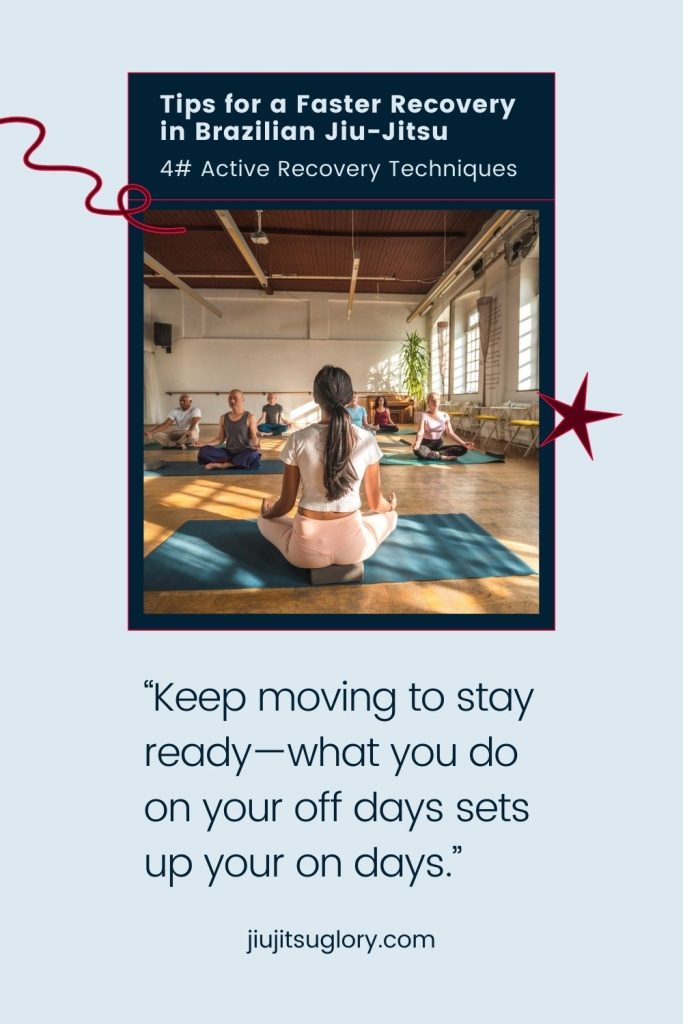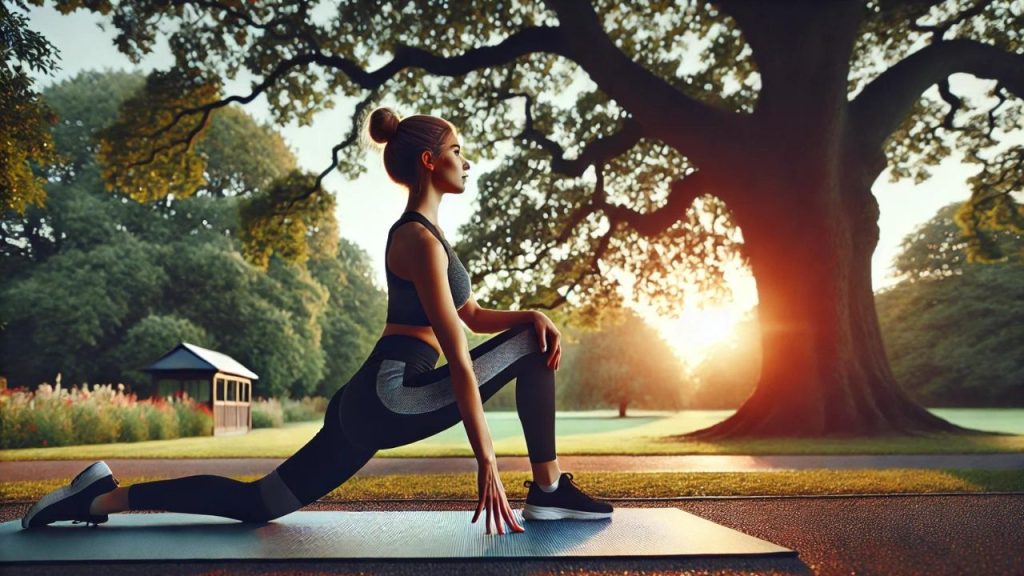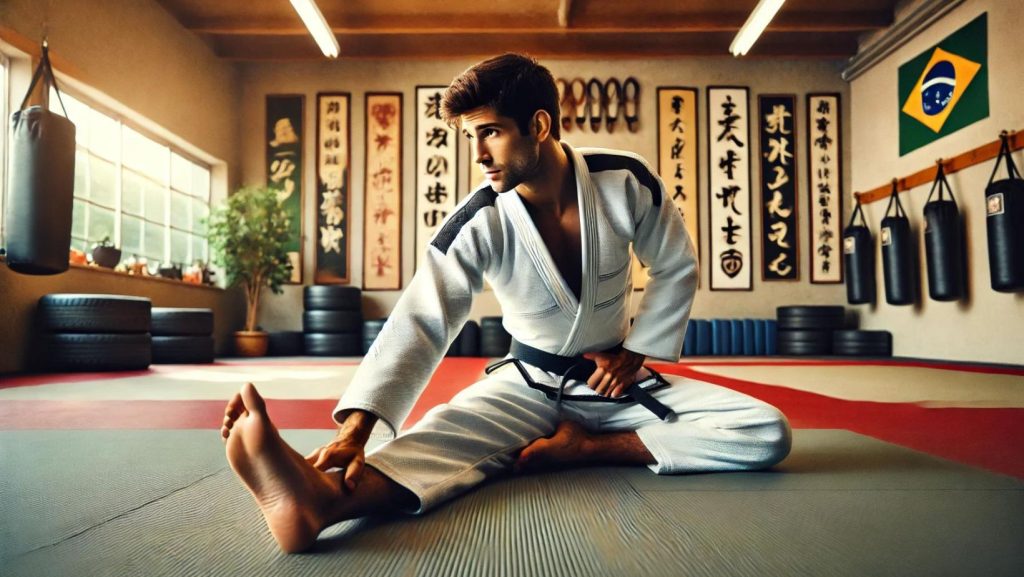
Brazilian Jiu-Jitsu is a grappling-based martial art that demands physical prowess and mental fortitude. Adequate recovery is crucial to excelling and enduring in BJJ.
This article provides ten invaluable tips to help practitioners recover faster, enhance performance, and prolong their BJJ journey.
1# Optimal Hydration

Hydration is essential in BJJ to maintain performance and recover effectively. Dehydration can lead to reduced endurance and increased fatigue.
Drink at least two glasses of water in the morning, a glass 20 minutes before training, and continue hydrating after your session ends.
Hydrating helps transport nutrients essential for muscle repair and flush out toxins.

2# Nutrition for Recovery

Nutrition plays a crucial role in recovery.
Focus on consuming proteins for muscle repair, carbohydrates for energy replenishment, and fats for inflammation reduction.
Ideal post-training meals might include a lean protein source like chicken or fish, complex carbohydrates such as sweet potatoes, and vegetables rich in antioxidants.

3# Post-Workout Recovery Shakes

A recovery shake can speed up your recovery process by providing essential nutrients your body can absorb quickly.
A shake containing a balanced mix of proteins, carbohydrates, and electrolytes right after training helps replenish energy stores and repair muscles efficiently.
4# Active Recovery Techniques

Active recovery, involving light physical activity on rest days, can enhance blood circulation and muscle recovery without overstraining the body.
Activities like walking, swimming, or cycling at a low intensity are excellent choices. They help keep the muscles loose and reduce soreness.

5# Proper Sleep and Rest

Quality sleep is fundamental for muscle repair and overall wellness.
Aim for 7-9 hours of sleep per night. Establish a regular sleep routine by going to bed and waking up at the same time every day.
Ensure your sleeping environment is conducive to rest by keeping it dark, quiet, and calm.

6# Mobility and Flexibility Work

Maintaining mobility and flexibility is crucial for BJJ practitioners to perform techniques effectively and prevent injuries.
Incorporate daily stretching routines focusing on major muscle groups used in Brazilian jiu-jitsu.
Adding yoga to your routine can also improve flexibility and reduce injury risk.

7# Supplemental Support

Supplements like zinc, magnesium, and branched-chain amino acids (BCAAs) can enhance recovery by supporting muscle repair and balancing hormone levels.
Always consult a healthcare professional before starting any supplement to ensure it’s appropriate for your needs.
8# Temperature Therapy

Using temperature therapy such as ice baths or saunas can aid recovery.
Cold therapy helps reduce inflammation and muscle soreness, while heat therapy can relax muscles and improve blood flow.
Use these techniques appropriately after training for the best effects.
9# Mental Recovery

Recovery isn’t just physical—mental well-being is just as important.
Meditation, deep breathing exercises, and mindfulness can help lower stress levels and improve overall recovery.
Dedicate time each day to relax and clear your mind to support your mental health.

10# Regular Medical Check-ups

Regular visits to a healthcare provider can prevent chronic injuries and ensure you’re recovering properly.
Physical therapists can provide targeted treatments and exercises to enhance your recovery and performance in BJJ.
See also: 9 Must-Know Tips for Starting Brazilian Jiu-Jitsu Later in Life
Conclusion
Incorporating these ten recovery tips into your routine can dramatically improve your performance and enjoyment in Brazilian Jiu-Jitsu.
Remember, recovery is just as important as your training itself.
Remember to consult with your coach or a healthcare professional to tailor these recovery strategies to your personal needs and ensure you’re practicing them safely and effectively.



